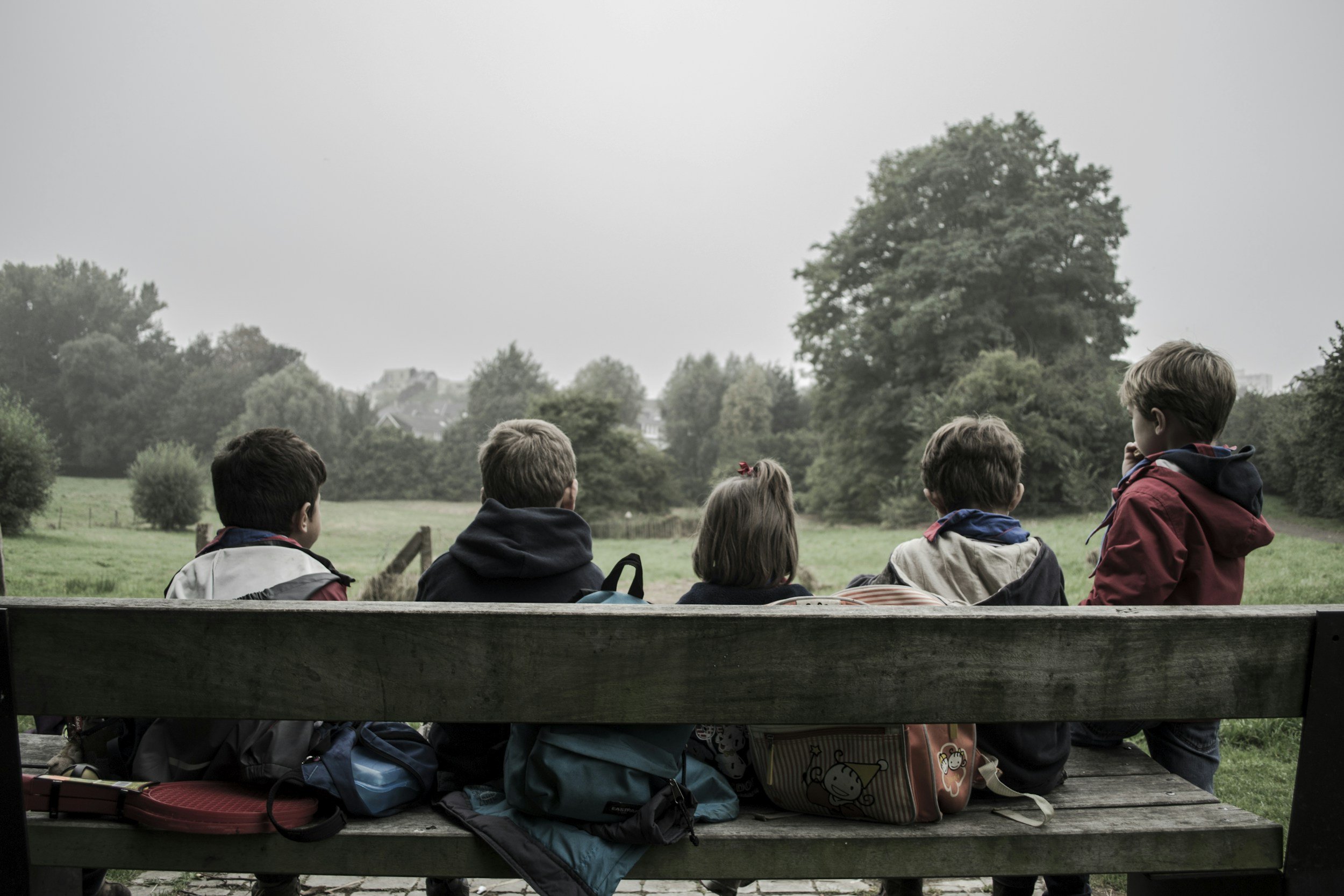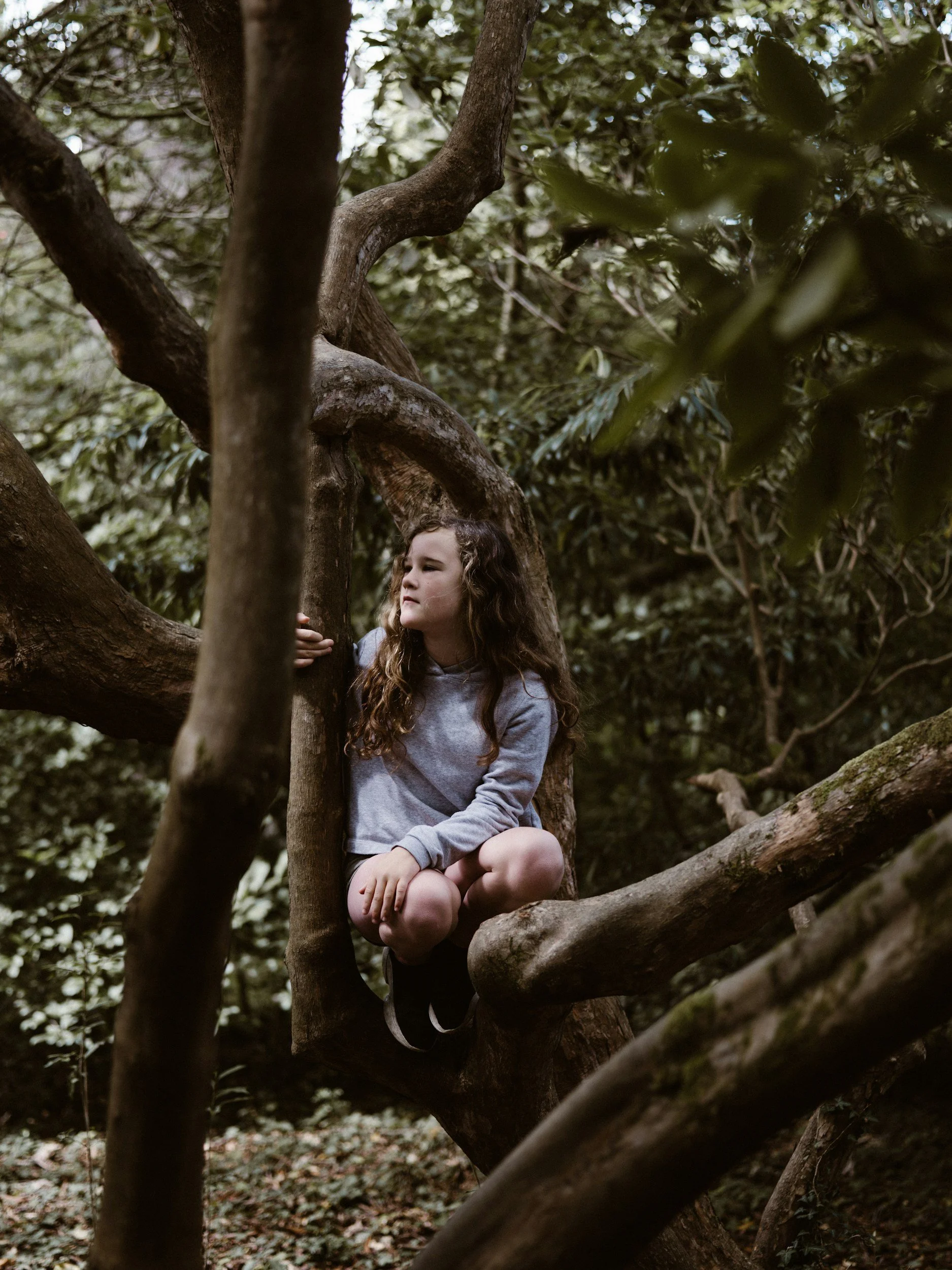
A Science-Based Approach to Improve Children's Well-being.
In today's hectic world, it's easy to get caught up in a whirlwind of big thoughts and even bigger emotions. Mindfulness offers a powerful antidote: a way to ground ourselves in the present moment and cultivate a sense of calm amidst the chaos.
But mindfulness is more than just a buzzword; it's a practice rooted in science.
Research consistently demonstrates its profound benefits for both mental and physical well-being. By training our attention, we can reduce stress, improve focus, enhance emotional regulation, and even boost our immune system.
Mindfulness isn't about emptying the mind, but rather about observing our thoughts and feelings without judgment, allowing us to respond with greater awareness and wisdom.
The practice of mindfulness invites us to observe our thoughts and feelings without getting carried away by them.
Neuroscience reveals that regular mindfulness meditation can actually reshape the brain.
Studies show increased grey matter in areas associated with attention, emotional regulation, and self-awareness.
This means that with consistent practice, we can strengthen our ability to manage stress, cultivate compassion, and foster a deeper connection with ourselves and the world around us.
Cultivating Calm: Why Mindfulness Matters for our Children, Tweens & Teens
Introducing mindfulness to children isn’t just a trend; it’s an investment in their future well-being.
In a world filled with academic pressures, social anxieties, and the constant stimulation of technology, children of all ages are facing unprecedented levels of stress. For younger children, the challenges often stem from adapting to school and social environments, while tweens and teens are confronted with more complex pressures, including social media, peer relationships, and the increasing expectation to succeed.
Mindfulness provides children, tweens, and teens with valuable tools to navigate these challenges, building resilience and fostering emotional intelligence at every stage. For older children, mindfulness can help them manage the emotional ups and downs of growing up, improve focus in school, and develop a healthier relationship with themselves and others. By learning to tune into their thoughts, feelings, and physical sensations, they can make better decisions, reduce stress, and enhance their overall mental well-being.
Research shows that regular mindfulness practice can improve attention, emotional regulation, and self-compassion—critical skills for children, tweens, and teens alike. It also strengthens the prefrontal cortex—the part of the brain responsible for decision-making and impulse control—helping older children make more thoughtful choices in the face of peer pressure and external stress.
By incorporating mindfulness into their lives, children, tweens, and teens can develop a sense of calm and balance, equipping them to handle the challenges of growing up and beyond.
Mindfulness in Schools: Nurturing a Generation of Mindful Learners
Mindfulness in schools is becoming an increasingly important part of the curriculum, supporting students at both primary and secondary school levels.
In primary schools, mindfulness helps children develop emotional awareness, manage stress, and improve concentration, setting the foundation for positive mental health. As students move into secondary school, the pressures and challenges intensify, with academic demands, peer relationships, and social media playing a bigger role.
Mindfulness offers secondary school students valuable tools to manage these pressures, improve focus, and maintain emotional balance during a time of rapid growth and change. By integrating mindfulness practices into the school environment, students of all ages can benefit from greater resilience, improved well-being, and a deeper sense of calm and self-awareness.
The Benefits of Early Intervention
Introducing mindfulness at an early age equips children with essential life skills that will benefit them throughout their lives.
By learning to manage their emotions, focus their attention, and cultivate kindness, children develop a strong foundation for success, both academically and personally.
Mindfulness empowers them to navigate the challenges of childhood with greater confidence, resilience, and compassion, setting them on a path towards a happier, healthier, and more fulfilling future.



